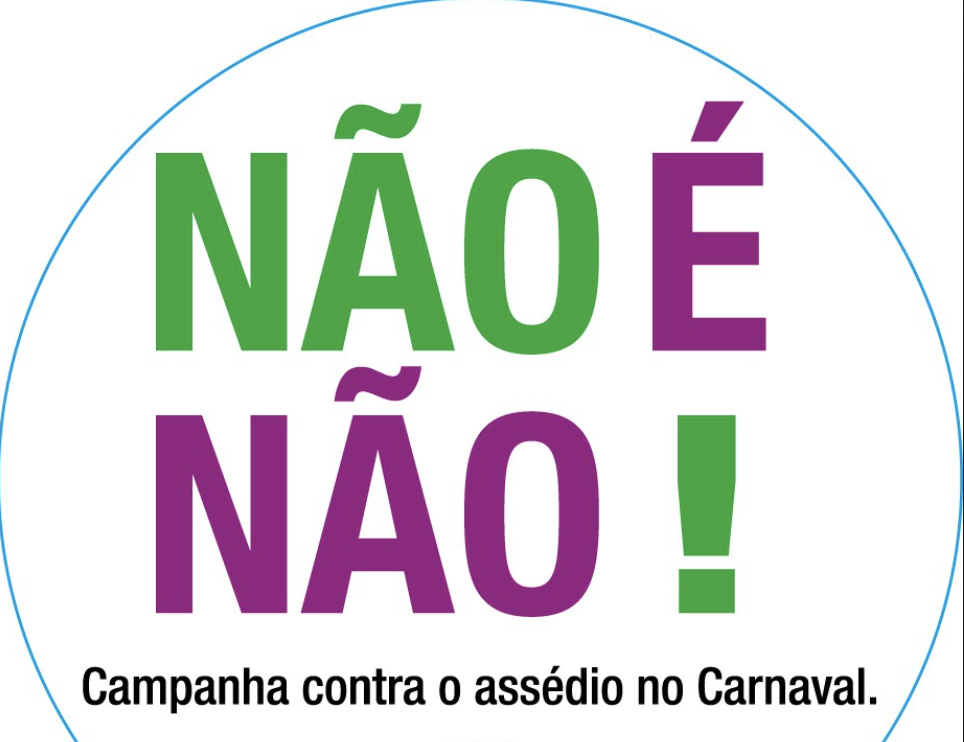|
By: I. Maluf In light of the Harvey Weinstein sex scandal and the emergence of the #metoo and #timesup movements, it is natural for one to question, as a Brazilian citizen, what our country is doing to promote awareness of the issues that are also happening here.
While thinking about what to write in this article, I had the shocking realization that I didn’t actually know any movements or social groups that strived to solve these issues and bring conscientization to the general public about them. Sexual harassment and misogyny are subjects widely discussed in North America and Europe, but why aren’t they being discussed in Brazil, a rapidly evolving country? Brazil has one of the highest rates of sexual harassment in the world. At least four in ten women say they have been sexually harassed, and according to a recent survey with nearly half of the incidents happened either on the street or in public transport. According to Think Olga, a feminist group that is rapidly gaining rational recognition, 99.6% of women in Brazil have been catcalled in their lifetimes. Last year, the citizens of São Paulo and the rest of Brazil were outraged when a man ejaculated on a woman was released without being charged. The prosecution ruled that the accused had committed a misdemeanours instead of rape, and this was justified because there were no “constraints, violence or threats” made to the attacked woman. In a country where the justice system doesn’t protect victims, how can its citizens, especially women, feel protected? Fortunately, people are starting to take matters into their own hands. After being harassed at a bloquinho during Carnaval in 2017, Aisha Jacobs and a group of friends decided to show their outrage at the situation by creating their own campaign, Não é Não, or No Means No. They produced 4,000 temporary tattoos with their slogan and handed them out for free to women during the festivities. This year the campaign almost tripled its size and they were able to print 5,000 tattoos with the funding from 355 donors. Não é Não has also reached São Paulo, Salvador, Belo Horizonte and Recife, some of the biggest capitals in the country. The rise of campaigns against harassment and the increase in media coverage is starting to take place in Brazil. In a country where women are used to being catcalled in the streets and touched without their consent in clubs and other public places, the change in the common consensus of what is right and wrong is very important. It is a step towards equality between the genders in a country that is sadly retrograde and backwards, and this gives me hope for the future.
0 Comments
Leave a Reply. |
Categories
All
Archives
June 2024
|

